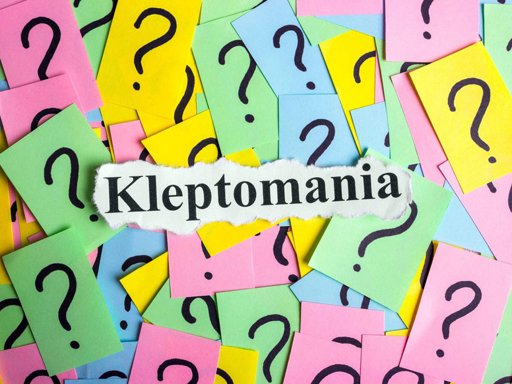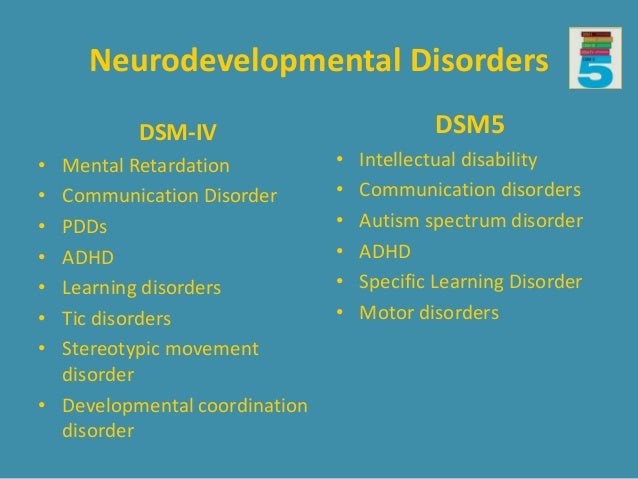
Individuals with Kleptomania can find support through psychotherapy strategies of self-awareness and self-management. Thankfully, many studies have found that psychotherapy can be helpful in uncovering the reasoning behind the behaviors.

The disorder is very dangerous, as many end up in trouble with the law. Individuals who grow up with Kleptomania find intense gratification in stealing items to resolve unconscious mental tension caused by childhood neglect. If parents are neglectful, children will begin to find unconscious comfort in external objects – such as the ones found in stores. The theory claims that individuals are born with internalized “objects,” which are typically connections to parents. The development of Kleptomania can be analyzed through a psychotherapeutic technique called object relations theory. A psychotherapist treating a client with Kleptomania will utilize the psychodynamic approach of Psychology to explore the unconscious triggers of stealing behaviors – most likely developed from childhood. Psychotherapy is very beneficial for individuals with Kleptomania, as the disorder often tends to root from unresolved needs in childhood. This does not mean that Kleptomania isn’t treated by therapists, especially psychotherapists. The reasoning is due to an inability to place it under a specific category, as it is unique in an individual’s feeling of relief in committing illegal stealing behavior.
#KLEPTOMANIA DSM 5 UPDATE#
The actions of individuals with Kleptomania may sound similar to the actions of individuals with Obsessive-Compulsive Disorder (OCD), as the desire to give in to an obsession is irresistible.Īlthough Kleptomania is considered to be an impulse-control disorder similar to OCD, the disorder is no longer listed in the DSM-5 – the most recent update of the Psychological manual of mental disorders. Individuals with Kleptomania experience severe mental compulsions, in which the individual must steal items that are easily afforded and unneeded. Kleptomania can be defined as an impulse-control disorder in which an individual finds immense relief of mental tension through risk-taking stealing behaviors. An individual who suffers from this urge to commit theft is typically diagnosed with Kleptomania.īut what does it mean to be diagnosed with Kleptomania? You have to take the item without paying for to find relief from the overwhelming feelings in your mind. It is as if the outfit is simply meant to be yours.

Your heart rate increases and your head throbs. Think about it this way: Have you ever walked through a clothing store and locked your gaze onto a great outfit, one that you would love to wear? Now, imagine if – when you caught a glimpse of that great outfit – you couldn’t resist the urge to take it. However, for others, it is not as simple to follow the man-made rules of money in exchange for goods. Primer V Codes (used in the DSM-5 and ICD-9) and Z Codes (used in the ICD-10), also known as Other Conditions That May Be a Focus of Clinical Attention, are codes used to identify issues that are a focus of clinical attention or affect the diagnosis, course, prognosis, or treatment of a patients mental disorder. For most, this system works it is understood and abided by.

Due to the availability of infinite items at our fingertips, we have perfected a give-and-take system of possessions through our financial system. With the possibility using of projective tests and some psychological analysis techniques with CBT.Living in modern society is all about individual desires – the analysis of our wishes and the control of our needs. In addition to the importance of dealing with the kleptomania as a disease and not a crime. The study recommends for avoid harsh punishment, the Importance of using the right methods of education with children and adolescents, especially the child talented.

After treatment, the patient regained the ability to self-control, control of negative thoughts, and emotional stability. Through the application of techniques and strategies of CBT and psychological analysis theory techniques the patient was treated for kleptomania symptoms and neuroticism trait (anxiety, anger, hostility, depression, consciousness-self, impulsiveness, stress and vulnerability). With these measurements was determined causes and level of the disorder, in addition behavior motivated and neuroticism trait. Used of the clinical interview, thematic apperception test (TAT) and neuroticism trait from big five personality traits. Study aims to use of CBT techniques to treat of kleptomania, with the application of psychological analysis theory techniques. The complaint at the first interview was that she was stealing from others during childhood, with other symptoms matching DSM-5 for diagnosis of kleptomania. The presenting case is 20-year-old college student. This was achieved through the results of a case study. Kleptomania is a disabling impulse control disorder, that can be treated with cognitive behavioral therapy (CBT).


 0 kommentar(er)
0 kommentar(er)
